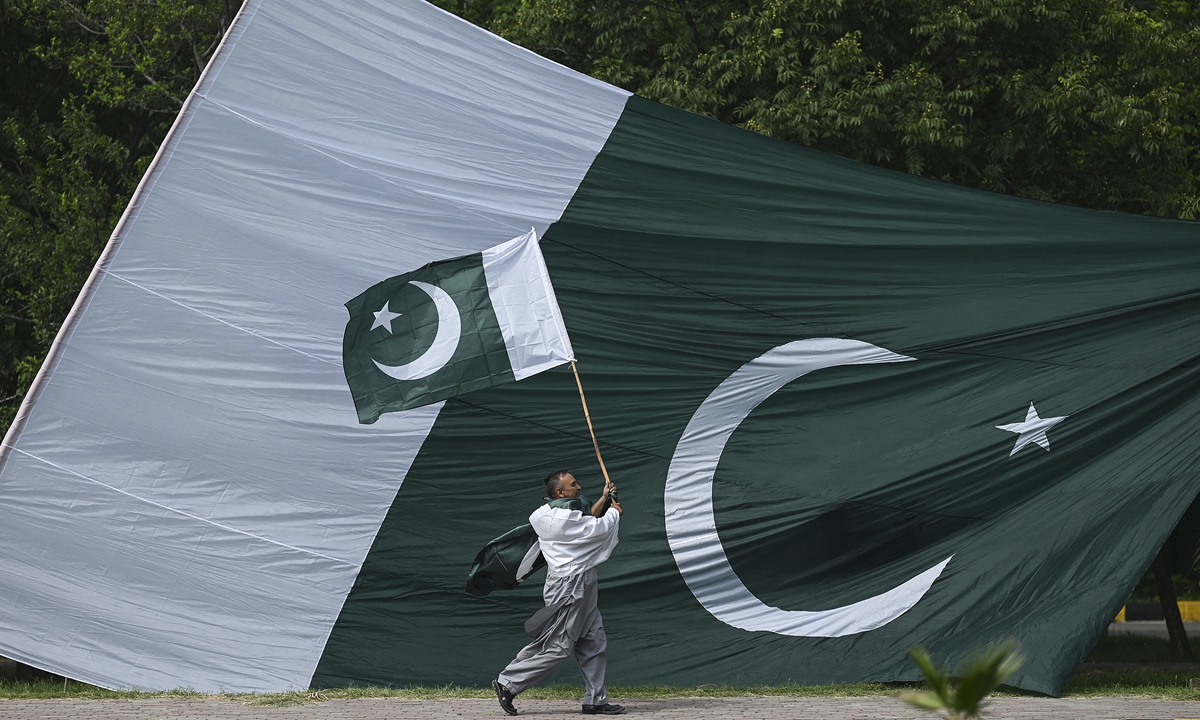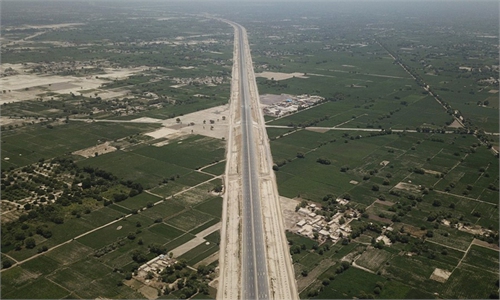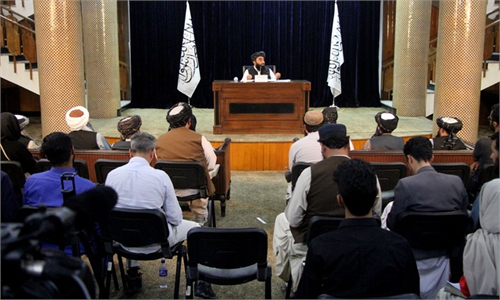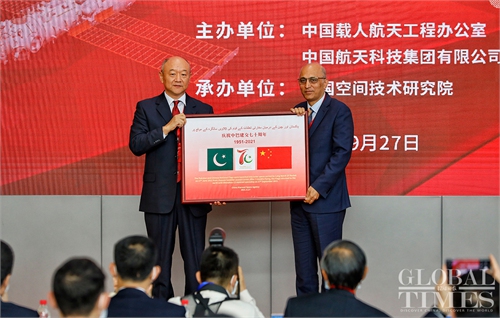‘Father of Pakistan’s bomb’ A.Q. Khan dies

A man holds a national flag of Pakistan as he walks along a street in Islamabad, ahead of the country's 75th Independence Day, which marks the end of British colonial rule. A number of award ceremonies are often held on this day, and Pakistanis hoist the national flag atop their homes or display it prominently on their vehicles and attire. File Photo: AFP
Abdul Qadeer Khan, revered as the "father of Pakistan's nuclear bomb," has died at 85, authorities said on Sunday, having been hospitalized with COVID-19.The atomic scientist was hailed as a national hero for transforming his country into the world's first Islamic nuclear power.
He died after being transferred to the KRL Hospital in Islamabad with lung problems, state-run broadcaster PTV reported.
Khan had been admitted to the same hospital in August with COVID-19, it said. After being permitted to return home several weeks ago, he was transferred back after his condition deteriorated.
Pakistan's President Arif Alvi said in a tweet he was "deeply saddened to learn about the passing of Dr. Abdul Qadeer Khan," who he had known personally since 1982.
"He helped us develop nation-saving nuclear deterrence and a grateful nation will never forget his services."
Khan was lauded for bringing the nation up to par with arch-rival India in the atomic field and making its defenses "impregnable."
Khan was placed under effective house arrest in the capital Islamabad in 2004 after he admitted running a proliferation network to other countries.
In 2006 Khan was struck with prostate cancer, but recovered after surgery.
A court ended his house arrest in February 2009, but Khan's movements were strictly guarded, and he was accompanied by authorities every time he left his home in an upscale sector of leafy Islamabad.
AFP



